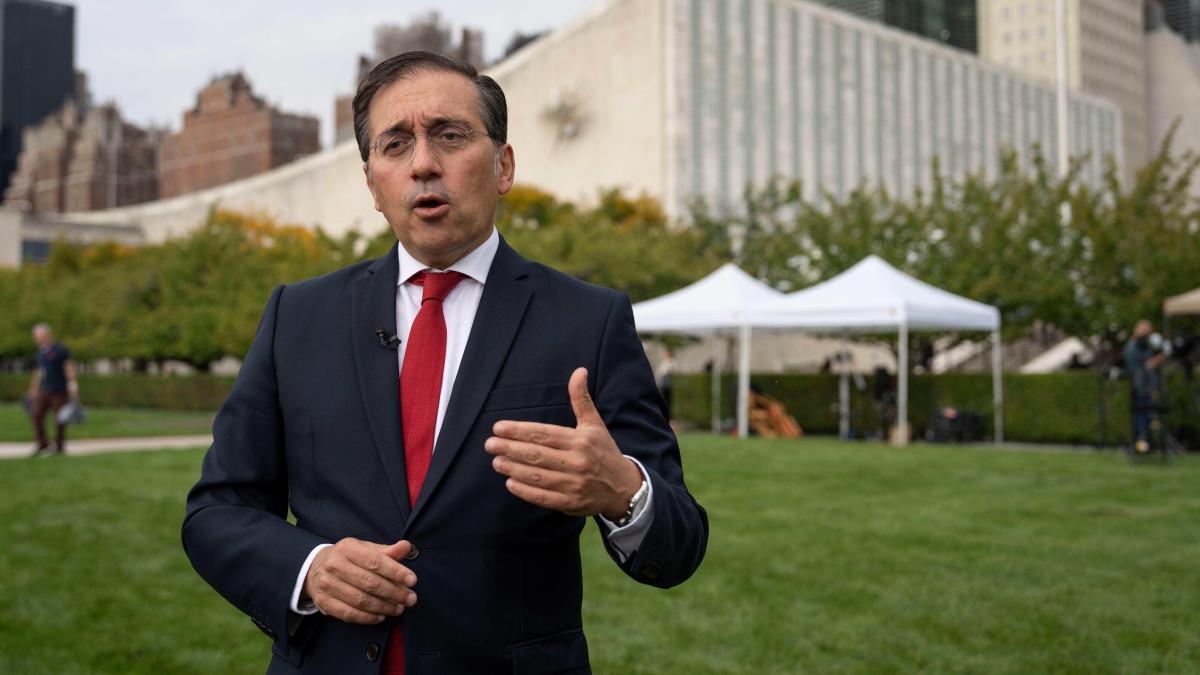The Constitutional Court refuses to give a quick response to Puigdemont's return.

The Constitutional Court's roadmap to tying up all the relevant loose ends regarding the amnesty has shifted in recent months following the Supreme Court's delay and the unexpected move by pro-independence leader Carles Puigdemont to recuse three of its judges. These developments delay the plan outlined by President Cándido Conde-Pumpido to respond to the return of the former president of the Catalan government.
Court sources explain that today's plenary session will reject all the challenges raised by the president of Junts and former minister Toni Comin, leaving the admission of the appeals for protection against the Supreme Court's decision not to apply the criminal waiver to them until the next plenary session on October 7.
The guarantee body postpones the admission of the former Catalan president's appeal until October.In the debate on the Amnesty Law, conservative José María Macías and progressive Juan Carlos Campo were excluded because they had taken a position on the matter, the former as a member of the General Council of the Judiciary and the latter as Minister of Justice. However, once the law has been declared constitutional, subsequent appeals are limited to the application of the ruling, and therefore, the grounds for recusal disappear, according to these sources. This means that there will be seven progressive judges versus five conservative judges reviewing the amparo appeals.
These challenges have delayed the Constitutional Court's ruling by a month, which was already moving more slowly than expected. This move has even surprised the court because the direct consequence is that it slows down the case. However, legal sources explain that these challenges are part of Puigdemont's future strategy before the European Court of Human Rights.
The new timeline is not encouraging for the former president of Catalonia's return to Spain, now amnestied. The idea of a return in the fall seems increasingly distant, which directly harms the negotiations between Junts and the government. To begin with, the Supreme Court did not rule on all the appeals regarding the amnesty until the end of June, preventing Puigdemont from going to the Constitutional Court. The court expected that by then the appeal for protection would have been filed and that it would be able to begin reviewing it once the first ruling declaring the amnesty constitutional was issued in June.
Sources within the body maintain that it was decided not to examine the appeals of those convicted for the independence process —led by the president of the ERC party, Oriol Junqueras, who had been filed previously—and to wait for the appeals of Puigdemont, Comin, and Puig, the three leaders of the independence process who remain to be tried after fleeing Spain following the unilateral declaration of independence on October 27, 2017.
These sources explain that the idea is to provide a unified response, as the objective is similar. The Supreme Court is not granting them amnesty because it believes that the crime of embezzlement for which they have been convicted or prosecuted is not eligible for amnesty because they used public funds for their own benefit to organize the October 1 referendum. The Constitutional Court has declared the amnesty constitutional, but now must assess whether the exception provided by the law regarding the inapplicability of the rule of forgetting in the event of illicit enrichment is what occurred in this case. Furthermore, the Constitutional Court is closely monitoring the opinion of the Advocate General of the Court of Justice of the European Union on the two preliminary questions raised regarding the amnesty. In addition, the court is still pending a ruling on all the constitutional appeals filed by the autonomous communities and the constitutional challenge raised by the Supreme Court.
lavanguardia




